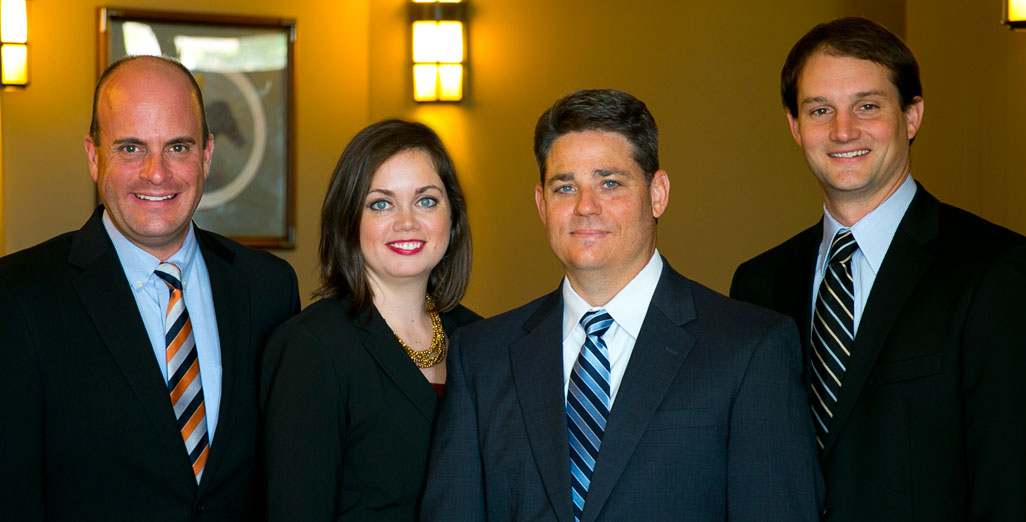Ocala, FL Business & Estate Planning
Ocala Business & Estate Planning Attorneys
As a business owner, your days are spent creating the best product or service possible, organizing finances and ensuring that your employees and customers are satisfied. With all of these tasks on your plate, you are probably not spending a lot of time thinking about the future or what will happen to your company if something unexpectedly happens to you. However, this can be a costly mistake that will leave a lasting impact on your family and any business partners you may have. An Ocala business law firm can help you finalize a clear plan that will ensure your company will continue to thrive.
Leave Your Business to Your Partner
If you have a business partner, you will most likely want to leave your half of the company to them if you pass away. However, if you do not leave any written documentation stating this, the court will leave your portion in the hands of your spouse or children who may not be equipped to handle this responsibility. Instead, your Ocala business attorney can help you create a buy-sell agreement. This document automatically allows one business owner to purchase the shares of another owner upon their death.
Strategize to Reduce Taxes
After someone dies, whoever is in charge of their estate will be required to pay estate taxes and income taxes from the last year the person was alive. Traditionally, the proceeds from a life insurance policy will be added to your estate and through the probate court. This causes your life insurance policy money to become taxed and your beneficiaries will not have access to it until your entire estate is settled. Instead, consider creating an irrevocable life insurance trust (ILIT). This trust places the money from your life insurance policy into the hands of your beneficiary for immediate use to pay off remaining taxes. Additionally, because this money will not pass through probate, it will not need to be taxed.
You also have the option to set up a family limited partnership. This places your business assets in a shared business partnership with your successors. Because it is limited, you will retain control over these finances while you are alive. After your death, the money will transfer to your successors. This money will be exempt from estate taxes because it is not passing through probate and it is also exempt from gift taxes because your family members, or successors, were considered joint owners. These forms have many strict and complex regulations so it is best to contact business lawyers in Ocala, FL before finalizing anything.
Develop a Succession Plan
In order to ensure that your business will continue to survive according to your wishes, you should create a plan that will clarify this transition. At the very least, this should explain who will manage operations after your death and who will officially be considered the owner. It can also be as detailed as you wish it to be. In regards to management, you may want to clarify any necessary training that your successors will need to undergo, any specific employees you wish to retain or any outside source you want to monitor the process. Further, you may want to clarify any differences there may be between ownership and management of your company or whether you want to transfer your company over to a successor at an exact time while you are still living.
Consult a Business Law Firm in Ocala, FL
If you own a business, you most likely have an idea about its future. Perhaps you wish to sell your company while you are still alive, or after you pass away; you may also want your children to take over for you. Whatever you decide, you cannot afford to wait. Many business owners continue to procrastinate making definite legal plans in writing because they assume they have more time. However, this results in business owners quickly creating a sloppy plan at the last minute or dying without a record of their final decisions. Contact the Ocala lawyers at McGraw, Rauba & Mutarelli today, so you can rest easy knowing your family and business will both be protected in case the worst happens.
